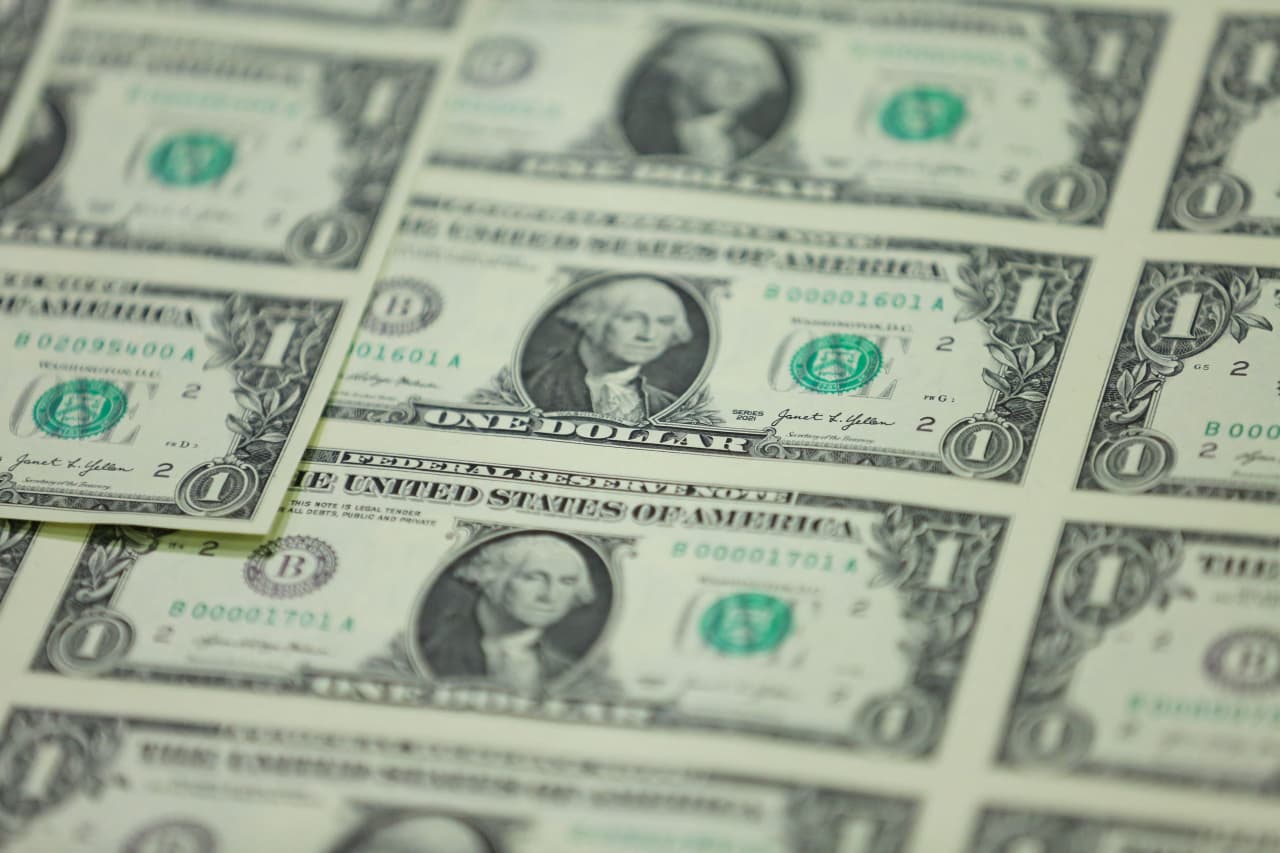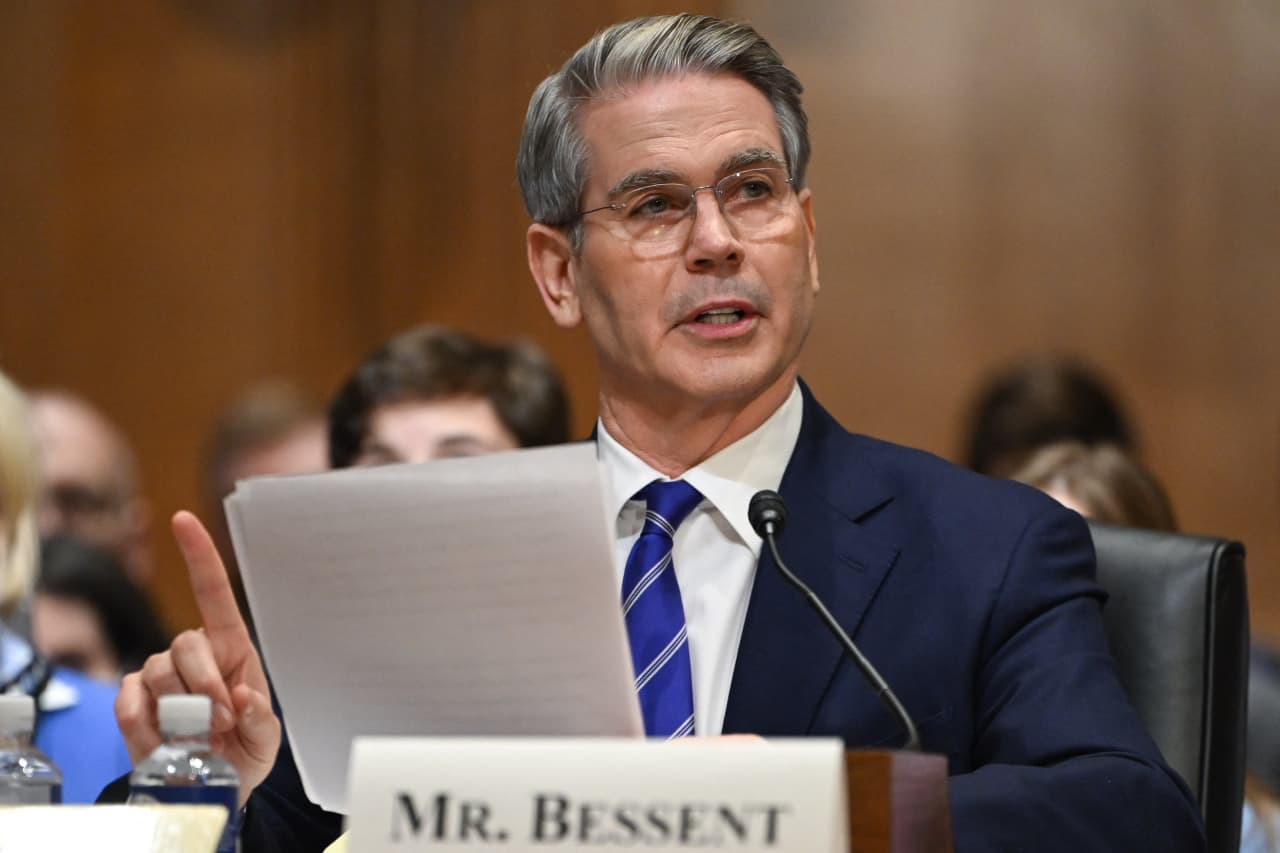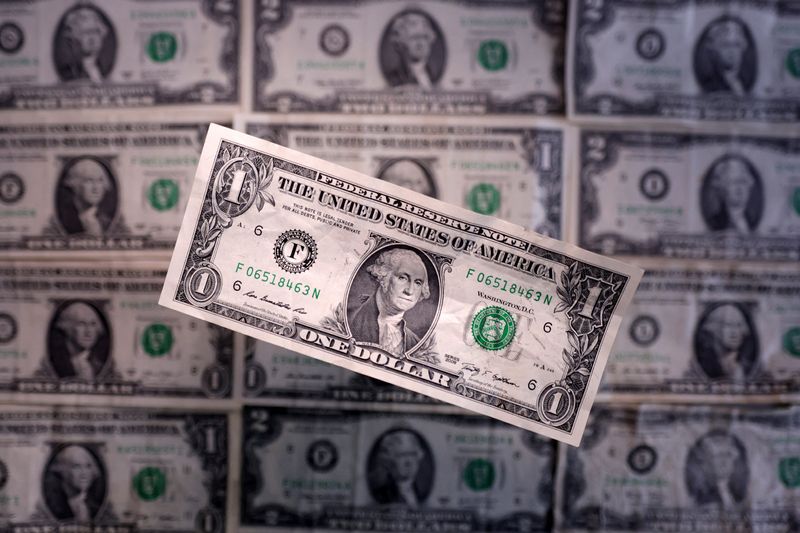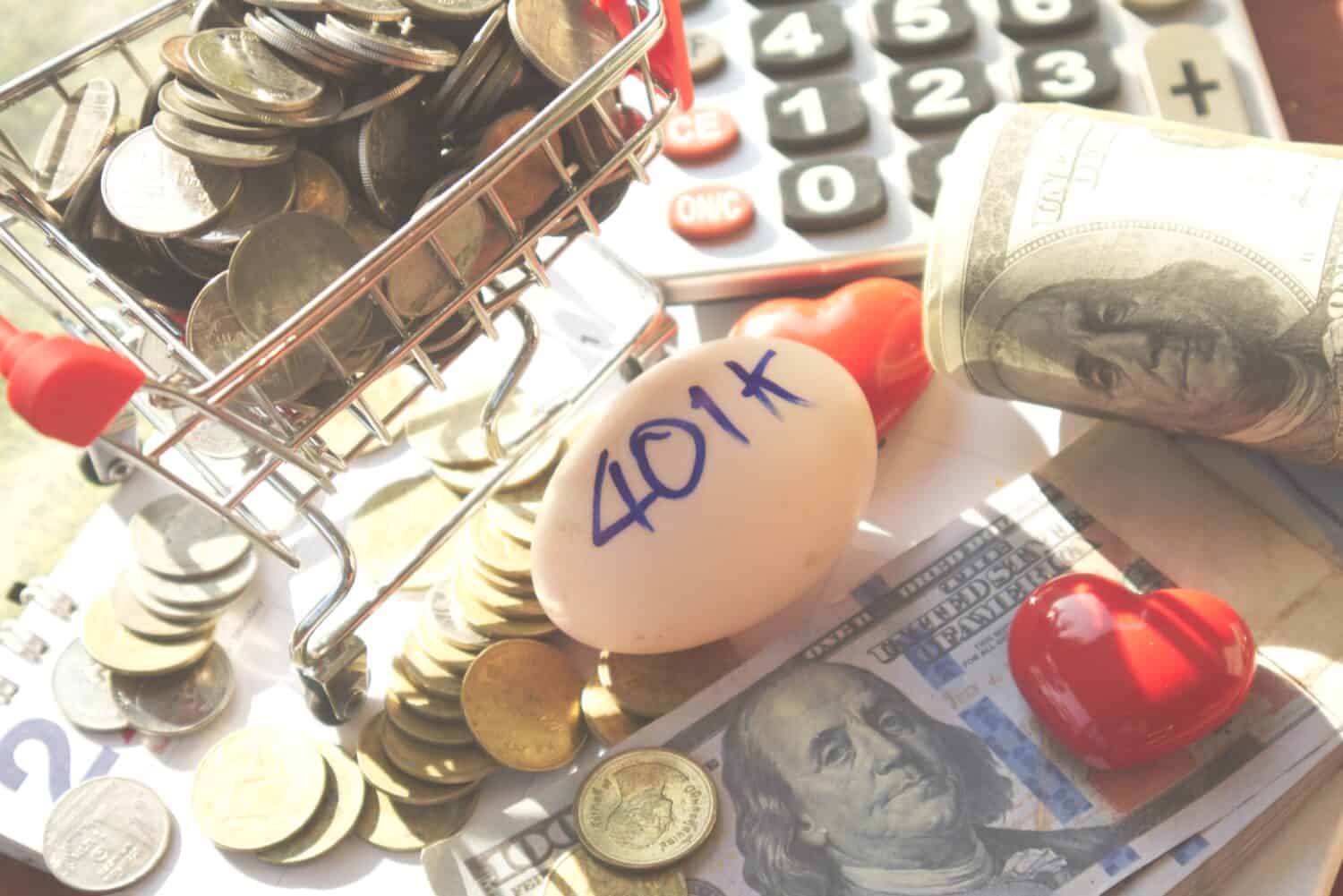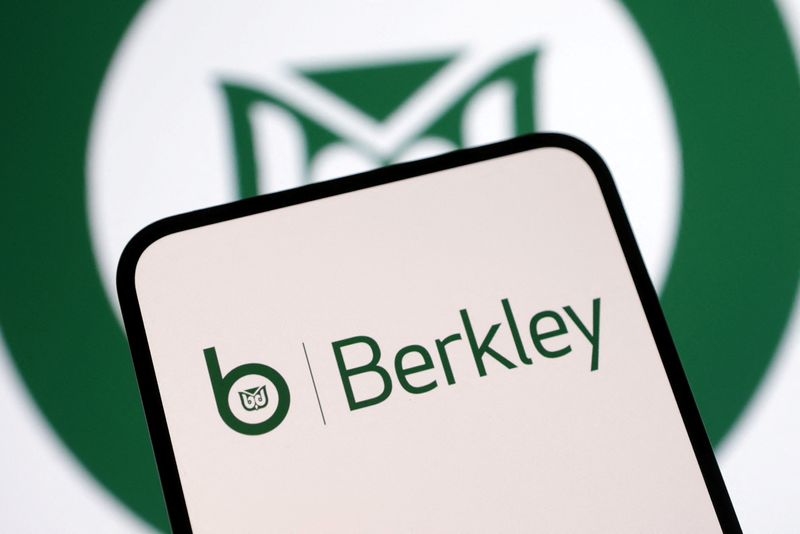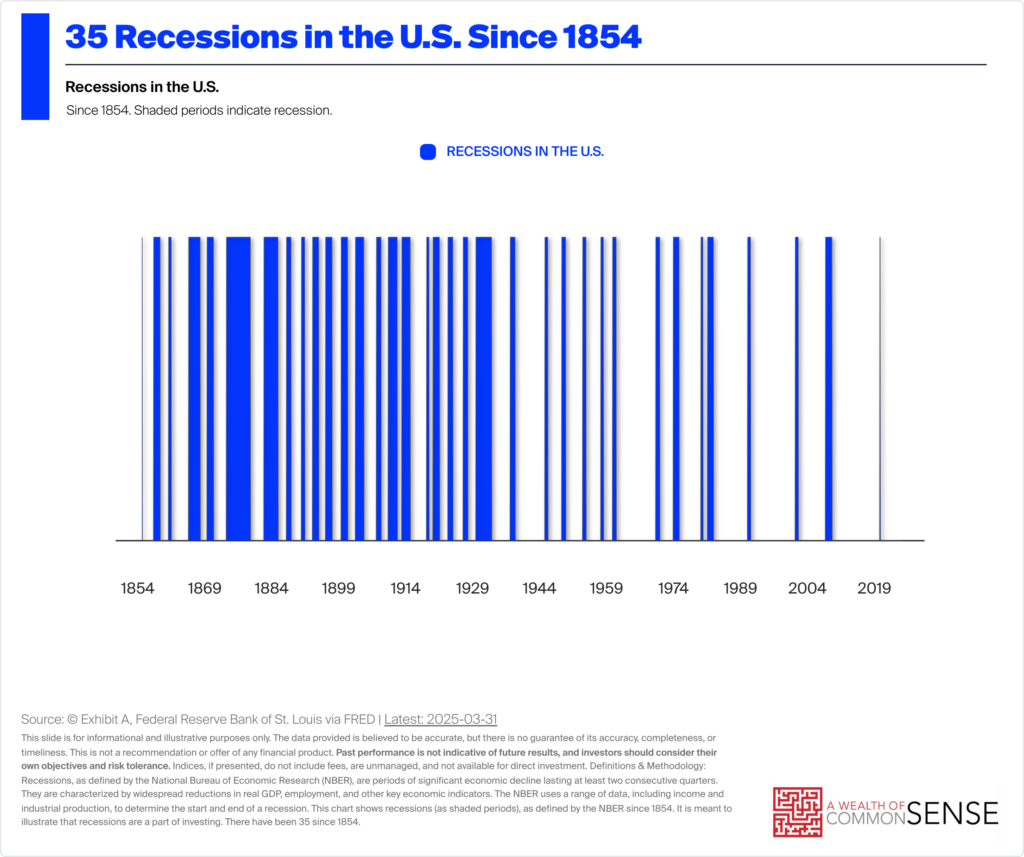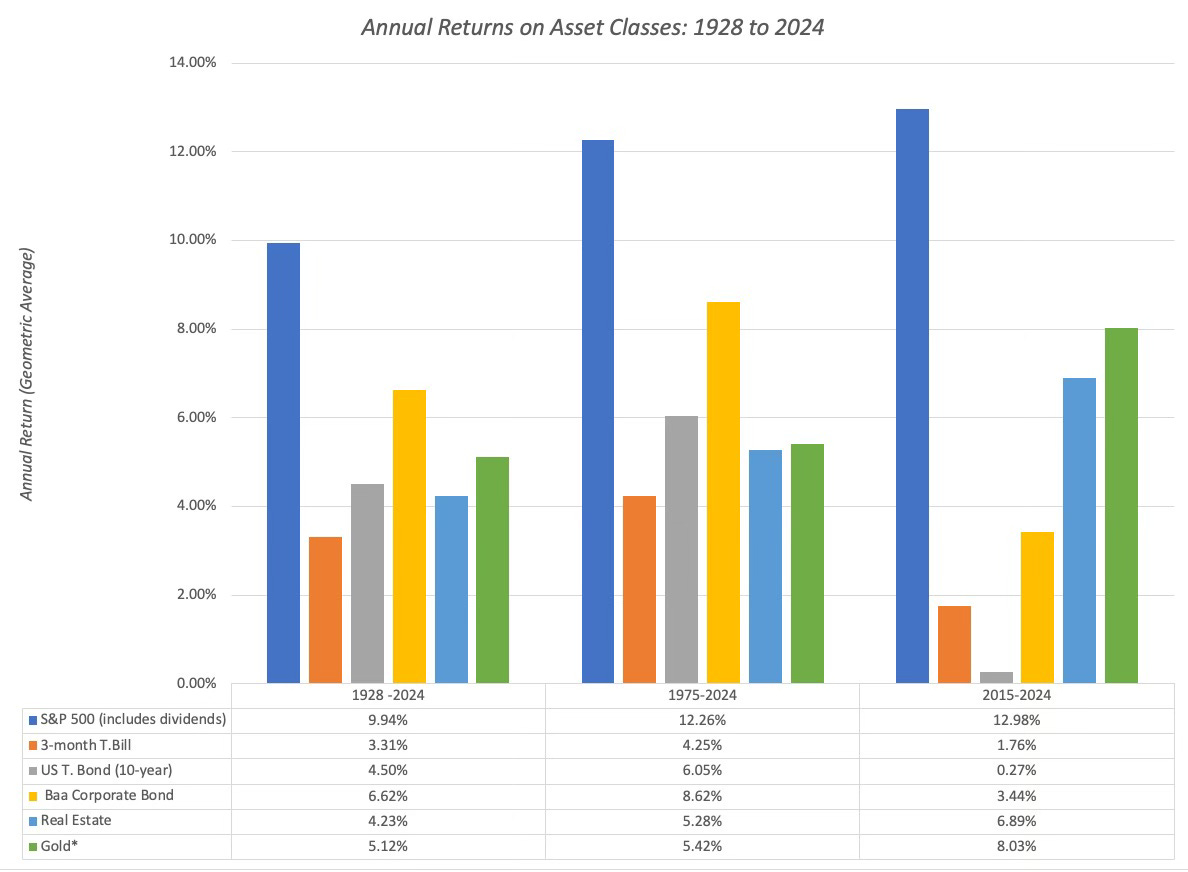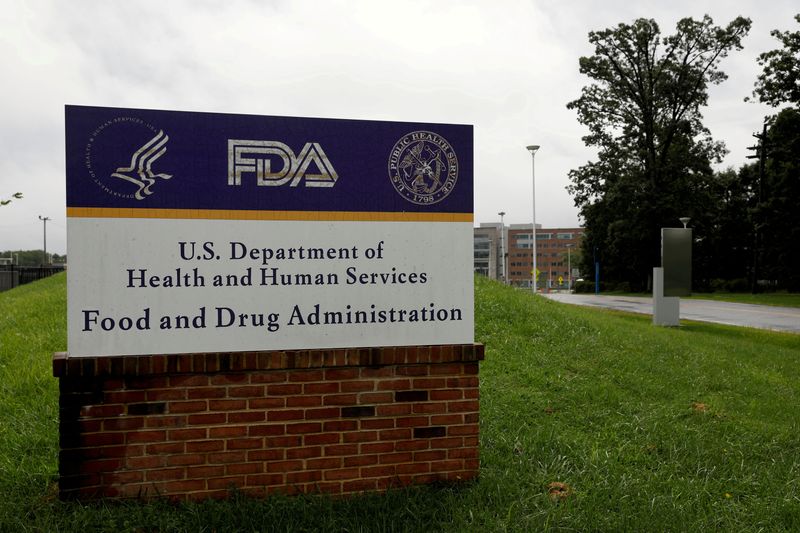Did I Mess Up My Retirement Savings by Not Maxing Out My 401k for 15 Years?
If we only had Social Security to rely upon, we would be in a lot of trouble. It’s a broken system built on flawed logic and has been rightly described as a Ponzi scheme. That’s where you need to bring in more investors so you can use their contributions to pay earlier participants. Because there […] The post Did I Mess Up My Retirement Savings by Not Maxing Out My 401k for 15 Years? appeared first on 24/7 Wall St..

24/7 Wall St. Insights:
-
You can’t rely on Social Security to offer you a retirement of comfort and ease.
-
Contributing to a 401(k) retirement program is your best bet for accumulating sufficient wealth to not fear retiring in poverty.
-
If you failed to maximize the full potential of your 401(k) program and have fallen far behind, there are some definitive steps to take today to make up for the lost ground.
-
Are you ahead, or behind on retirement? SmartAsset’s free tool can match you with a financial advisor in minutes to help you answer that today. Each advisor has been carefully vetted, and must act in your best interests. Don’t waste another minute; get started by clicking here.(Sponsor)
If we only had Social Security to rely upon, we would be in a lot of trouble. It’s a broken system built on flawed logic and has been rightly described as a Ponzi scheme.
That’s where you need to bring in more investors so you can use their contributions to pay earlier participants. Because there is no actual trust fund that holds your money until you retire, the system needs more people to play or, in reality, the government raises your taxes to pay for it.
When Social Security started, the tax for both workers and employers was just 1% on the first $3,000 of wages earned. Today, both workers and employers pay 6.2% on all of their wages (self-employed people pay the full 12.4%).
Moreover, there is a smaller pool of workers today supporting a growing number of retirees. There were approximately 42 workers for every retired person at the start, but today that number has dwindled to just three-to-one.
The 401k miracle
That’s why 401(k) and similar retirement plans were a godsend. They allowed people to save for retirement beyond the pittance the government doles out to retirees. And the programs are generous, allowing people to save vast sums over their work life so they can live not only comfortably, but rather well off.
For example, many 401(k) plans have an employee matching program where the company will match your contributions dollar-for-dollar up to a certain amount. It’s a rule of thumb with financially planners that employees should max out their contributions at least up to the employer match before investing in other investment planes like Roth IRAs. It is essentially “free money” and the opportunity to receive it should not be thrown away.
The situation
A Redditor on the r/personalfinance subreddit recently asked if he screwed up his retirement by not maxing out his 401(k) for the pat 15 year. Life does manage to interfere with even the best-laid plans, but now he’s panicking that he may have fallen behind.
While I’m not a financial planner, so these are only my opinions, it’s not as bleak as it looks and there are things anyone can do to improve the situation.
Not maxing out his 401(k) contributions for 15 years does represent a missed opportunity for tax-advantaged retirement savings, but proactive steps can help recover lost ground. With discipline and strategic planning, you can still bolster your retirement nest egg, even if you’re starting late. Here’s how to correct this situation effectively.
Begin immediately
First, start maximizing current 401(k) contributions. In 2025, the IRS allows $24,500 annually for those under 50, plus $8,150 in catch-up contributions for those 50 and older, totaling $32,650. If you’ve been contributing below this, start contributing more income to hit the limit. If your employer matches contributions, ensure you capture the full match, often 3% to 6% of your salary.
Next, leverage other tax-advantaged accounts. Open a traditional or Roth IRA, which have $7,500 limit ($9,000 if you’re 50 or old). If eligible, contribute to a Health Savings Account (HSA), offering up to $4,300 for individuals or $8,550 for families, with a $1,000 catch-up for those 55+.
These accounts grow tax-free, supplementing your 401(k). Over the next 15 years, $7,500 yearly in an IRA at 7% could grow to $200,000, significantly your boosting savings.
Do more to make more
Increase your income to fund these contributions. Take on a side hustle, such as freelancing or tutoring to earn extra money. Direct this to your 401(k) or IRA, thereby accelerating savings without straining your budget.
Alternatively, try to negotiate a raise or switch to a higher-paying job, then funnel the difference into retirement accounts.
Invest more aggressively, but wisely. If you’re 15 – 20 years from retirement, allocate 70% to 80% of your 401(k) to diversified equity funds, like S&P 500 exchange-traded funds (ETFs), which have historically returned 7% to 10% annually. Just ensure to avoid overly conservative bonds, as you need growth to catch up. Just make sure to rebalance annually to maintain your risk tolerance as you get closer to retirement.
Finally, delay your retirement or reduce expected future expenses. Working for an extra two or three years allows more contributions and delays any with withdrawals, letting your portfolio grow more. You can also downsize your home or cut subscriptions, which can free up cash for savings now.
Key takeaway
By maxing out contributions, using additional accounts, boosting income, investing for growth, and adjusting plans, you can rebuild your retirement security and turn a missed opportunity into a brighter financial future once more
The post Did I Mess Up My Retirement Savings by Not Maxing Out My 401k for 15 Years? appeared first on 24/7 Wall St..




















